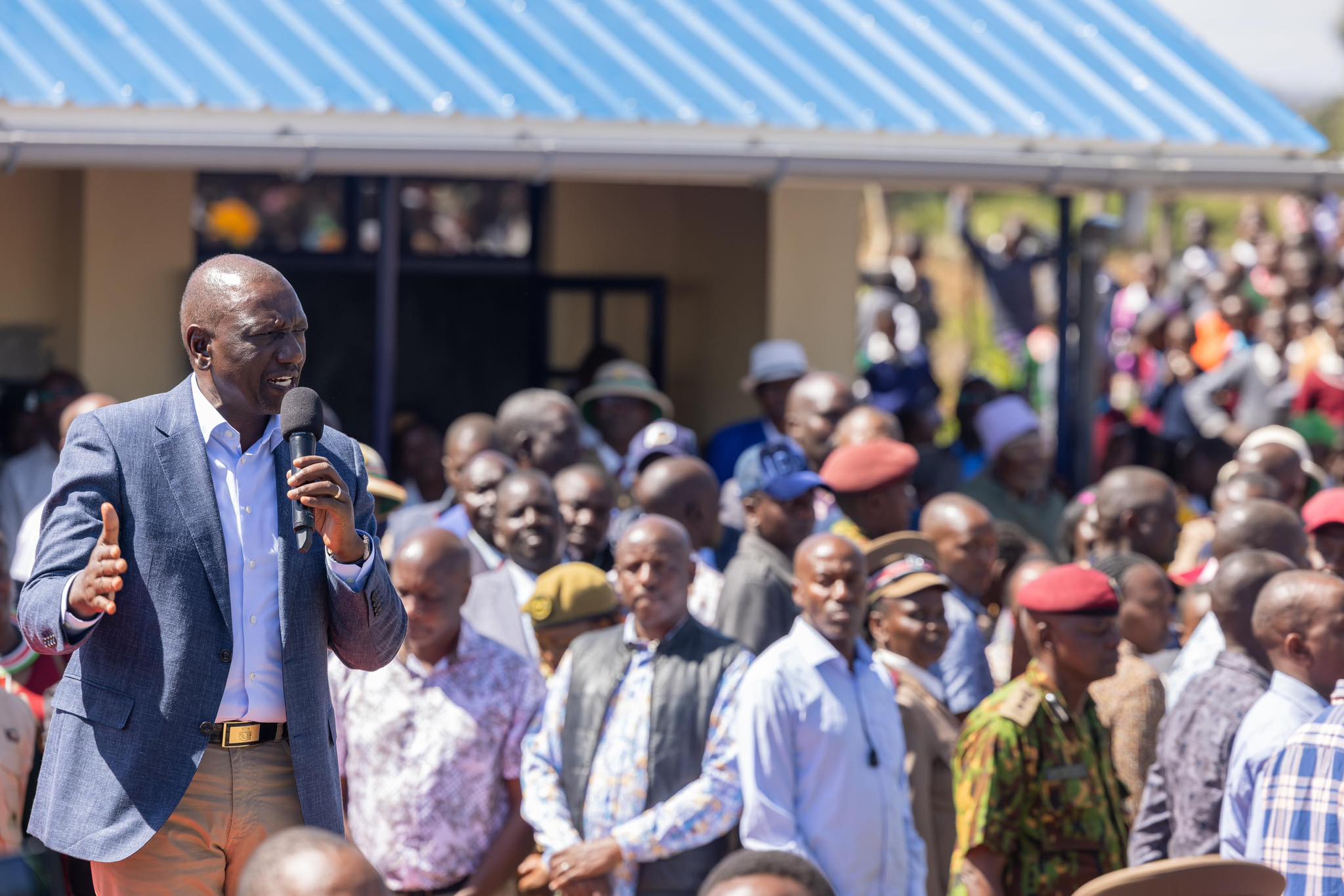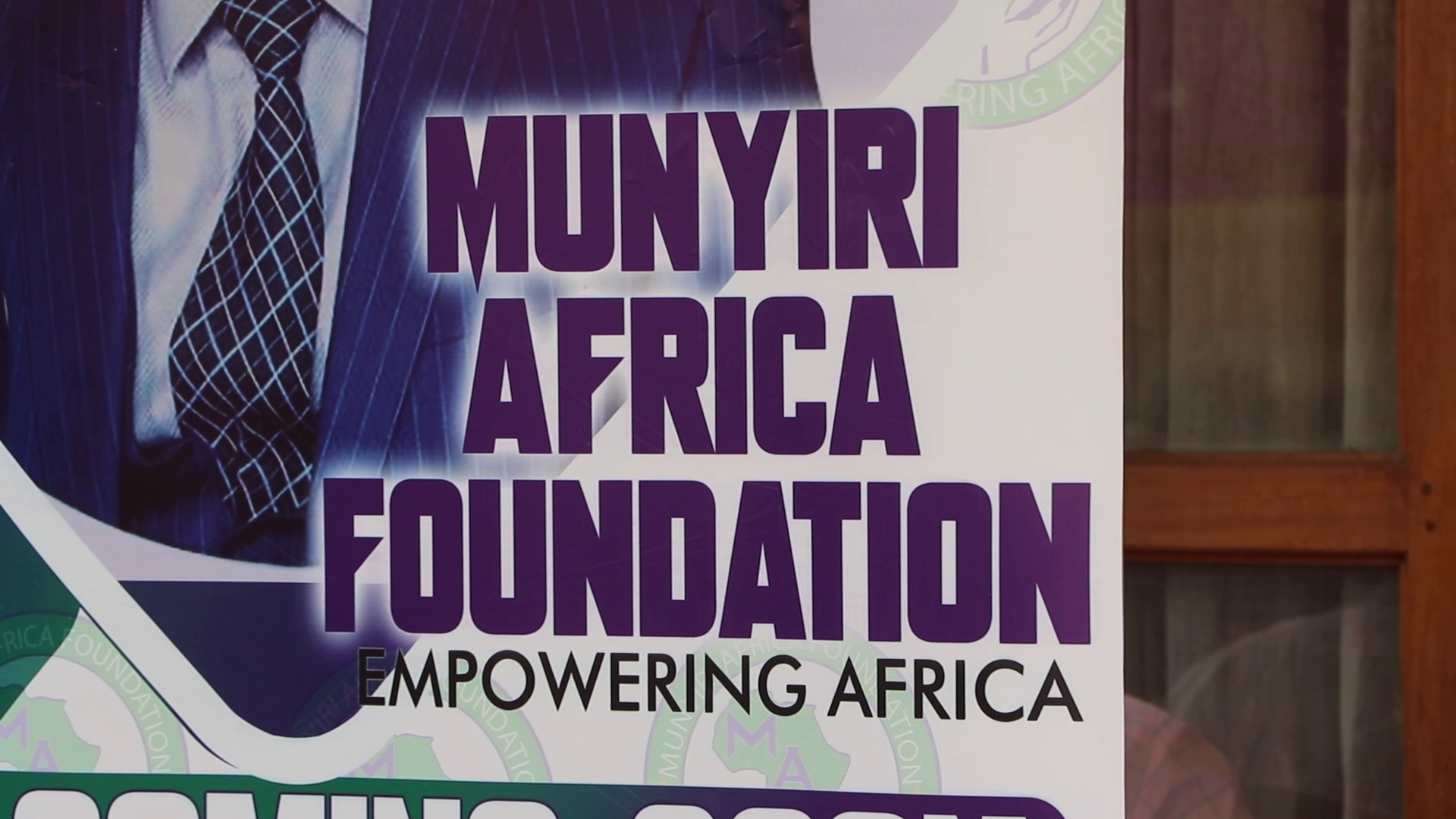By Jackson Okoth
Kimisitu Sacco, which draws its membership from Non-Governmental Organizations (NGOs), embassies and international missions, plans to launch a Front Office Service Activity (FOSA) wing. This will enable it to offer quasi-banking facilities to its members.
“We have to first have the right capital ratios as well as satisfy several regulatory requirements before we can be allowed to offer FOSA. The capital raising process has already begun with each member contributing Sh 5,000 each year up to the year 2020,” said Peter Kariuki Waithaka, Kimisitu Sacco CEO.
Members are expected to contribute Sh30,000 each at the end of five years although a few individuals have shown willingness to clear this amount at once.
“Our aim of introducing FOSA is to satisfy the need for banking services by our members. We aim to bring these services to lower costs that members incur when they transact business with conventional commercial banks-which charge highly for their services,” said Waithaka.
Available figures indicate Kimisitu Sacco’s core capital stands at around 8.6 per cent, below the required 10 per cent of total assets while institutional capital reserves are at six per cent, below the statutory 8 per cent for anyone seeking to operate FOSA.
According to the Sacco Act (Section 24) and Regulations (Section 4) Saccos seeking to provide FOSA must provide a minimum core capital of Sh10 million as shown in their financials or bank statements. This is in addition to complying with all the three capital adequacy ratios as stipulated in the Regulations.
A core capital of not less than 10 per cent of total assets owned by a Sacco; a core capital of not less than eight per cent of its total deposit liabilities and an institutional capital of not less than eight per cent of a Sacco’s total assets, are the ratios that must be met.
The Sacco’s board of directors and senior management or departmental heads must also be subjected to a “Fit and Proper” test, vetting their moral and professional suitability to be on the board and to manage the Sacco Society, respectively.
The Regulator will also require a detailed four-year business plan and feasibility study, including projected financial statements as required, before issuing a FOSA licence to the Sacco.
“A Sacco applying for a licence to operate FOSA must first have its premises and infrastructure assessed by SASRA after it issues a letter of intent. After all the ratios have been met, an interim licence to operate FOSA will be issued, to last for a period of at least six months before a final licence is issued by the Authority,” said Isedorius Agola, Chairman of Coast Association of Front Office Service Activity(CAFOSA).
All these requirements only apply to Saccos conducting deposit taking business or intending to start a FOSA.
“We have also begun the process of ensuring that the Sacco is ISO 9001 Certified. This process is expected to be complete by the end of 2017. The Society has already conducted awareness training sessions for members and staff and is carrying out a documentation process, to ensure that all systems meet international standards,” said Waithaka.
He said that ISO 9001 Certification is a commitment by Kimisitu to all its partners and stakeholders that the Society is compliant and offers quality services and products.ISO 9001 is a certified quality management system (QMS) for organisations who want to prove their ability to consistently provide products and services that meet the needs of their customers and other relevant stakeholders.
Kimisitu Sacco is also planning to put up a Sh200 million modern office block as its headquarters, at the exclusive Kilimani suburbs, in upmarket Nairobi.
“We expect to begin construction of the office block beginning of next year after all the modalities have been finalised and necessary approvals obtained from members,” said Mr Waithaka.

Sacco Review | The Leading Newspaper for Co-operative Movement in Kenya
The Leading Newspaper for Co-operative Movement in Kenya

